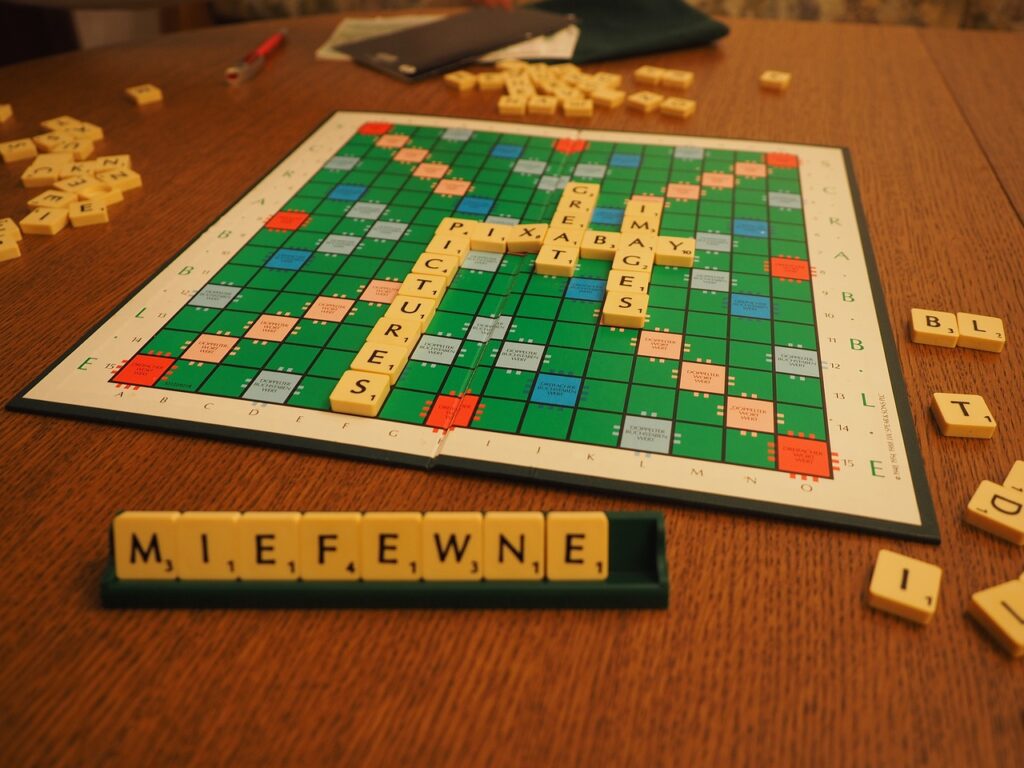Why Video Games Are Educational Togplayering: Core Advantages
1. Problem Solving in Real Time
Every challenge—boss fight, logic puzzle, or resource crunch—demands immediate analysis and action. Video games push players to:
Adapt tactics with rapid feedback Spot and correct failures Hold multiple strategies and patterns in mind
Unlike a class problem set, the lesson is relentless; mastery is earned, not handed over. That’s a core principle behind why video games are educational togplayering.
2. Cognitive Growth: Focus, Memory, and Reaction
Fastpaced games sharpen reflexes and decisionmaking under stress. Storydriven games engage memory, nuance reading, and deductive skills. Map navigation and open world design boosts spatial reasoning—applicable in navigation, design, and engineering.
Players build new neural connections; discipline is built into every session.
3. Collaboration and Team Building
Team games (FPS, MOBAs, MMOs) teach leadership, communication, and mutual trust. Planning plays or rotations requires negotiation—a skill set needed far beyond the screen. Shared loss (and win) forges bonds, giving practice in feedback and conflict resolution.
Why video games are educational togplayering? Because winning always comes down to execution, not just individual skill.
4. Persistence and Grit
Every failure—whether a lost match or a hard puzzle—invites immediate restart. No ingame “grade inflation”; the only way forward is to learn, adjust, and retry. This grind mindset builds resilience for setbacks in exams, work, or other highstress scenarios.
True education rewards disciplined repetition, not easy victory.
5. Creative and Strategic Thinking
Openworld and sandbox games nurture experimentation, systems thinking, and longrange planning. Custom content (levels, mods, art) invites technical and visual learning—coding, 3D modeling, and design basics. Games with economy or management layers train risk assessment and decision making with unpredictable input.
Creativity grows where structure meets the freedom to adapt.
Social and Emotional Benefits
Players manage emotions (tilt, loss, competition) and learn to celebrate wins gracefully. Virtual friends become real connections; shy or introverted personalities find teamdriven projects as an entry point to social growth. Gaming communities foster mentorship, feedback, and a sense of belonging often missing elsewhere.
Games reinforce that cooperation is disciplined work.
Accessibility and Inclusion
Games reach across borders, languages, and physical ability. Adaptive hardware and accessible design let players with disabilities compete, create, and win. Translation and voice chat tools make collaboration possible for global teams.
Why video games are educational togplayering is also about equity—everyone learns together.
RealWorld Application
Engineers, pilots, and doctors train with simulation—rooted in game tech and logic. Recruiters value gamers for pattern recognition, adaptability, and persistence. Business training now incorporates game elements for scenario testing and teamwork.
Play is never just play.
Academic and Cognitive Science
Studies back it up:
Gamers process sensory input faster and more accurately than nongamers. Strategy games correlate with higher problem solving and planning scores. Spatial learners—often nurtured by navigation games—excel in STEM fields.
Discipline makes the difference: moderate, focused play shows the greatest benefit.
Pitfalls and the Need for Discipline
Overuse leads to fatigue, burnout, or neglected nondigital duties. Toxic communities teach the wrong lessons—moderation and good team selection are critical. Parents, teachers, and selfdriven gamers all need boundaries—scheduled time, healthy breaks, and clear priorities.
Learning through games is optimized when play follows structure, not compulsion.
How to Make Games Educational by Design
- Choose genres that match your learning goals: strategy for logic, story for empathy, FPS for reflex training.
- Join communities where feedback is a habit—Discords, forums, or ingame coaching.
- After sessions, journal or log lessons learned: mistakes, new tactics, and growth points.
- Teach others: run a guide, share a tip, or lead a new player through a tough quest.
- Take regular breaks to keep attention sharp and transfer lessons to other areas.
Parental and School Strategies
Play together: guide discussion about choices, teamwork, and lessons ingame. Use gaming time as a reward for realworld outcomes: finished homework, chore routines. Encourage game creation and modding as legitimate learning projects.
Monitor, but don’t micromanage.
The Bottom Line
Why video games are educational togplayering isn’t theory—it’s reality in every level, raid, or session. Games teach adaptability, grit, negotiation, and when done right, creativity and selfknowledge. The sharpest edge comes from structure—set goals, log improvements, and share in communities that value learning as much as winning. With focus, games are a fast lane for personal and professional growth—one that never feels like school, but outpaces it for many. Play with intent, and every session is a lesson.





